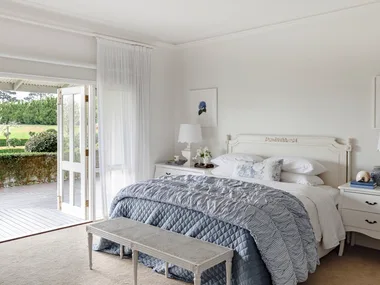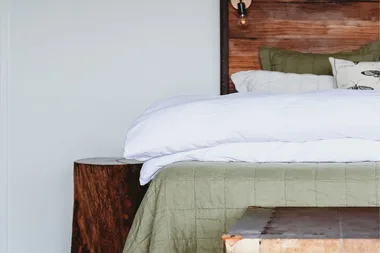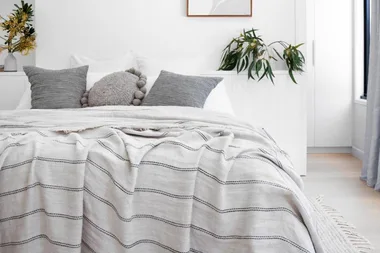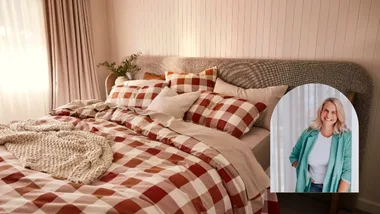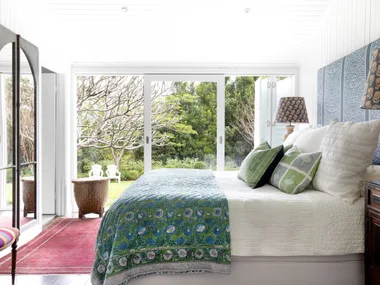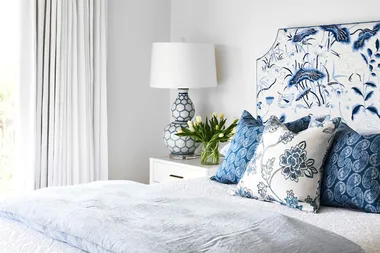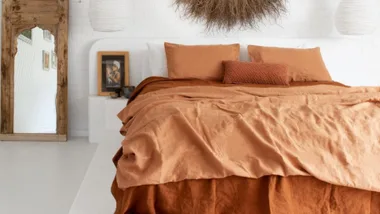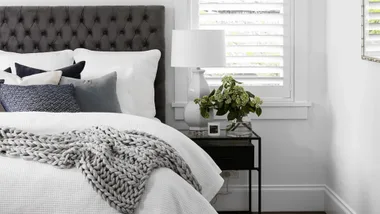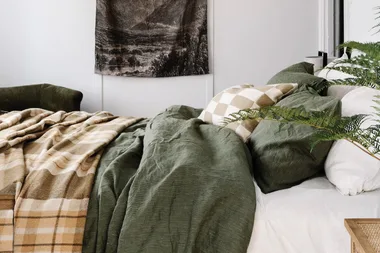Happiness is… a good night’s sleep. Seven, eight, or, for the truly blessed, nine hours a night restores body and mind, converting information into memories, rebooting the immune system and stabilising our moods for the day ahead. Harvard University School of Medicine even links a lack of sleep (five hours or less) to a 15 per cent decrease in life expectancy, giving us good reason to promote our nightly kip to top of the priority list. Enter the sleep sanctuary, a stress-free zone where work and family pressures are left at the door. With just a few simple tweaks, your bedroom will transform into a haven of restful nights and that third of your life spent asleep will leave you more content than ever.
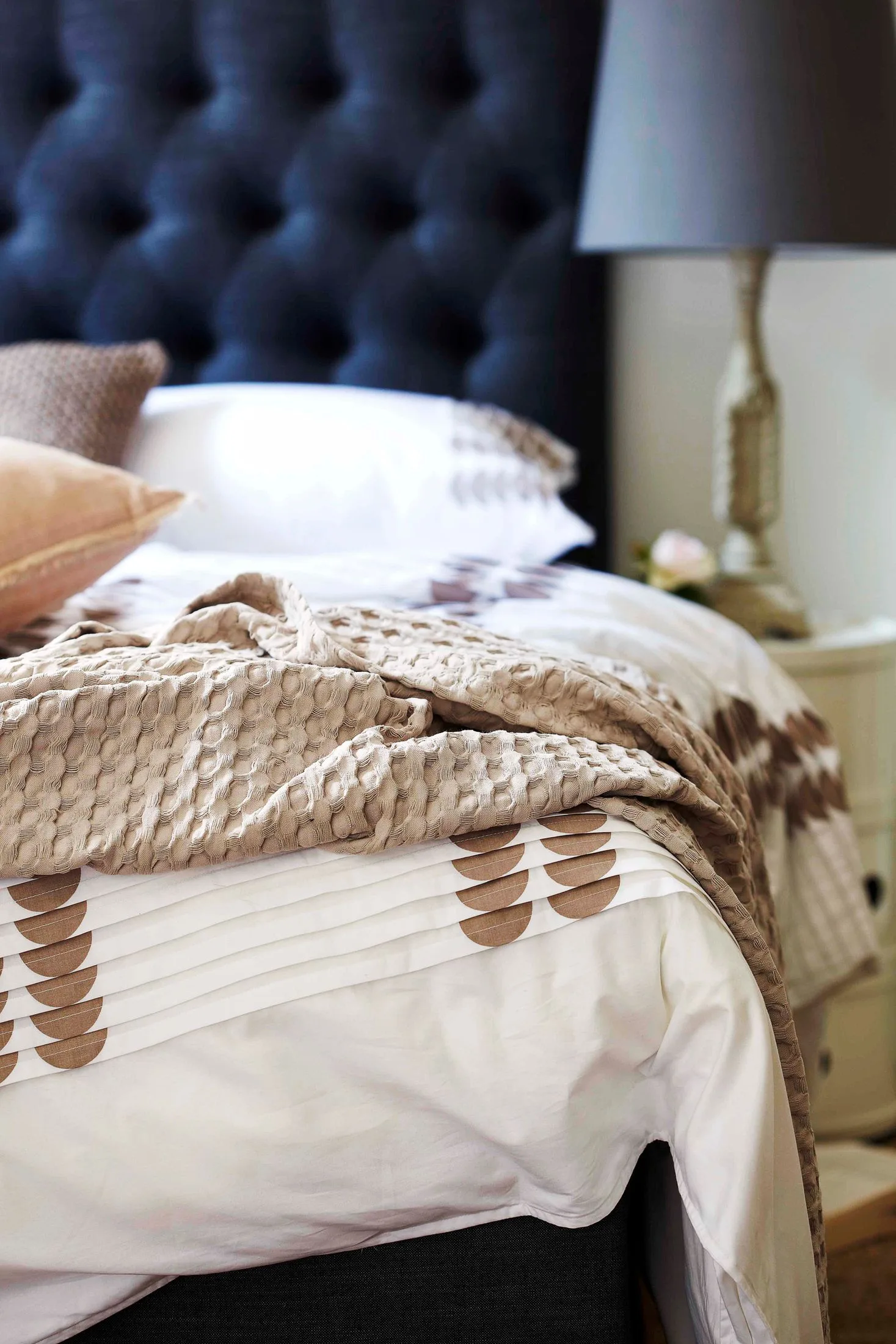
Cath Muscat
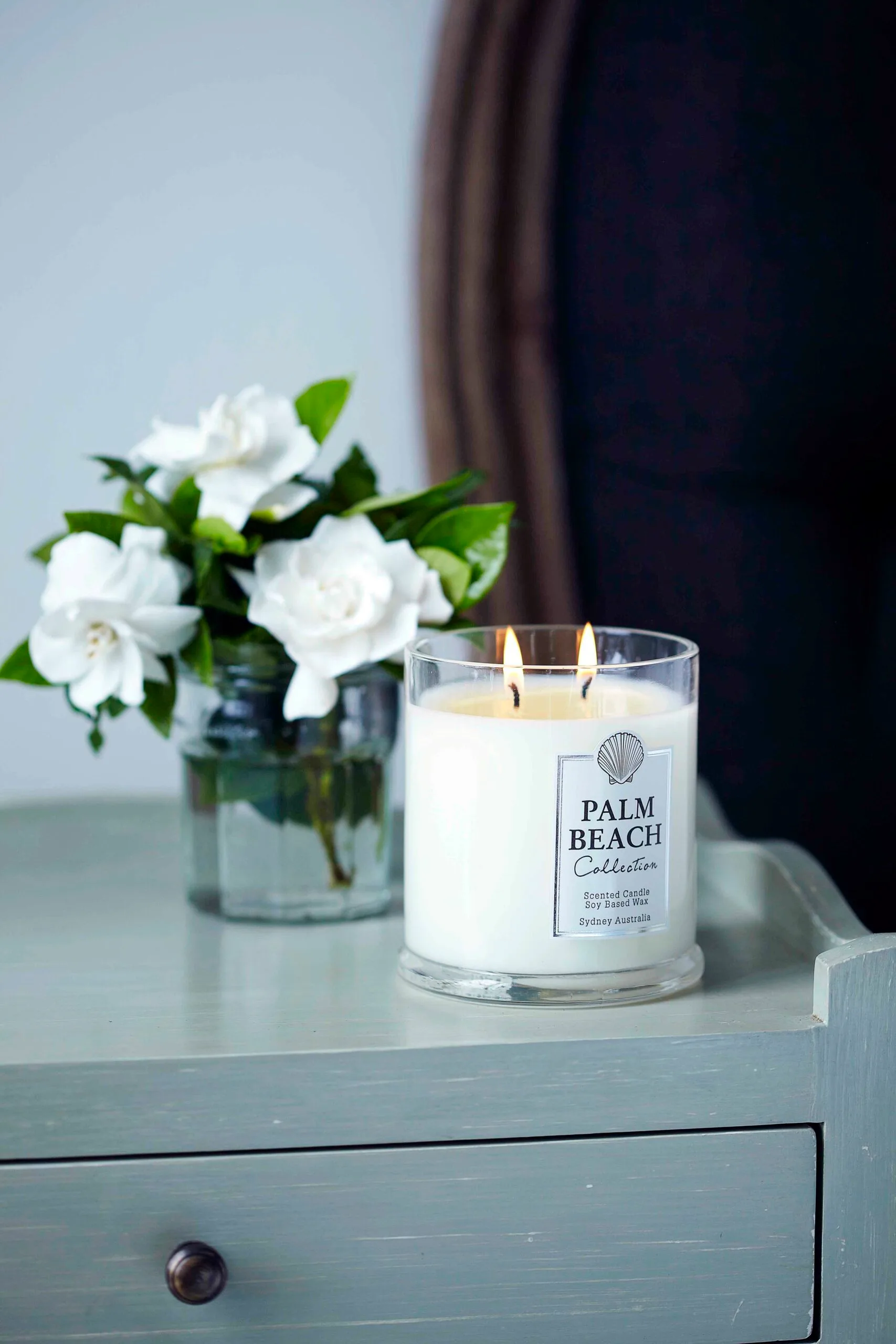
Cath Muscat
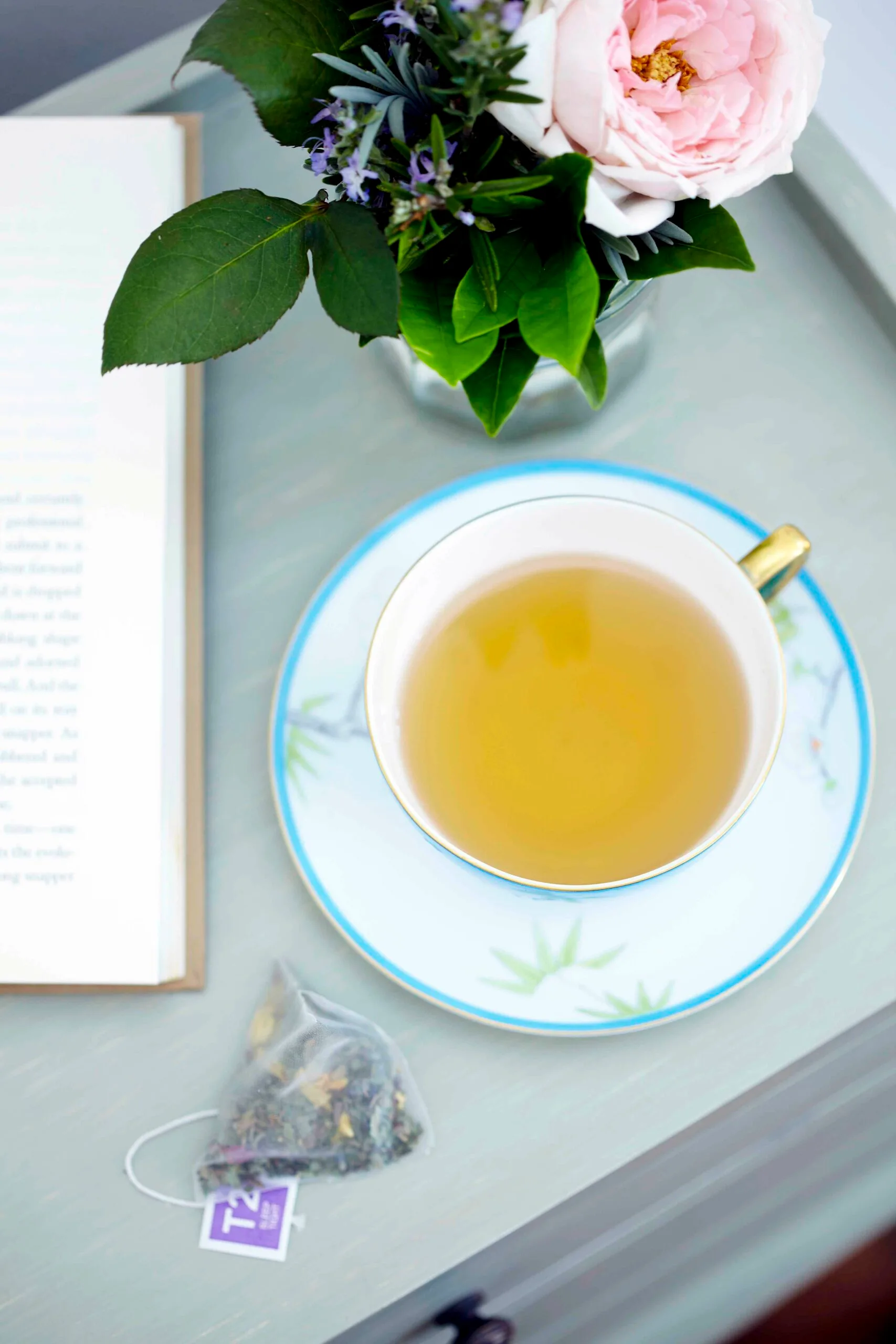
Cath Muscat
1. Reserve the bedroom for sleep
When you walk into the bedroom, the sight of the bed should make you want to curl up. Keep work out of the bedroom, it should be a place of rest and relaxation.
2. Look to flower power
Floral scents, specifically gardenia, will act on neurotransmitters to ease anxiety and promote sleep. In fact, a German study held in collaboration between Ruhr University Bochum and Heinrich Heine University found Gardenia jasminoides to have the same action and strength as valium. Lavender has also been linked to sleep. Britain’s University of Southampton measured volunteers to experience a 20 per cent better quality sleep in a lavender scented room.
3. Wind down with a warm drink. Chamomile tea is legendary for inducing slumber but, according to the data from a recent Monash University study, passionflower tea is a legit sleep aid. This study featured a double-blind, placebo-controlled testing whereby 41 people consumed a cup of the tea for 7 days, showing a significantly better rating for passionflower compared with the placebo.
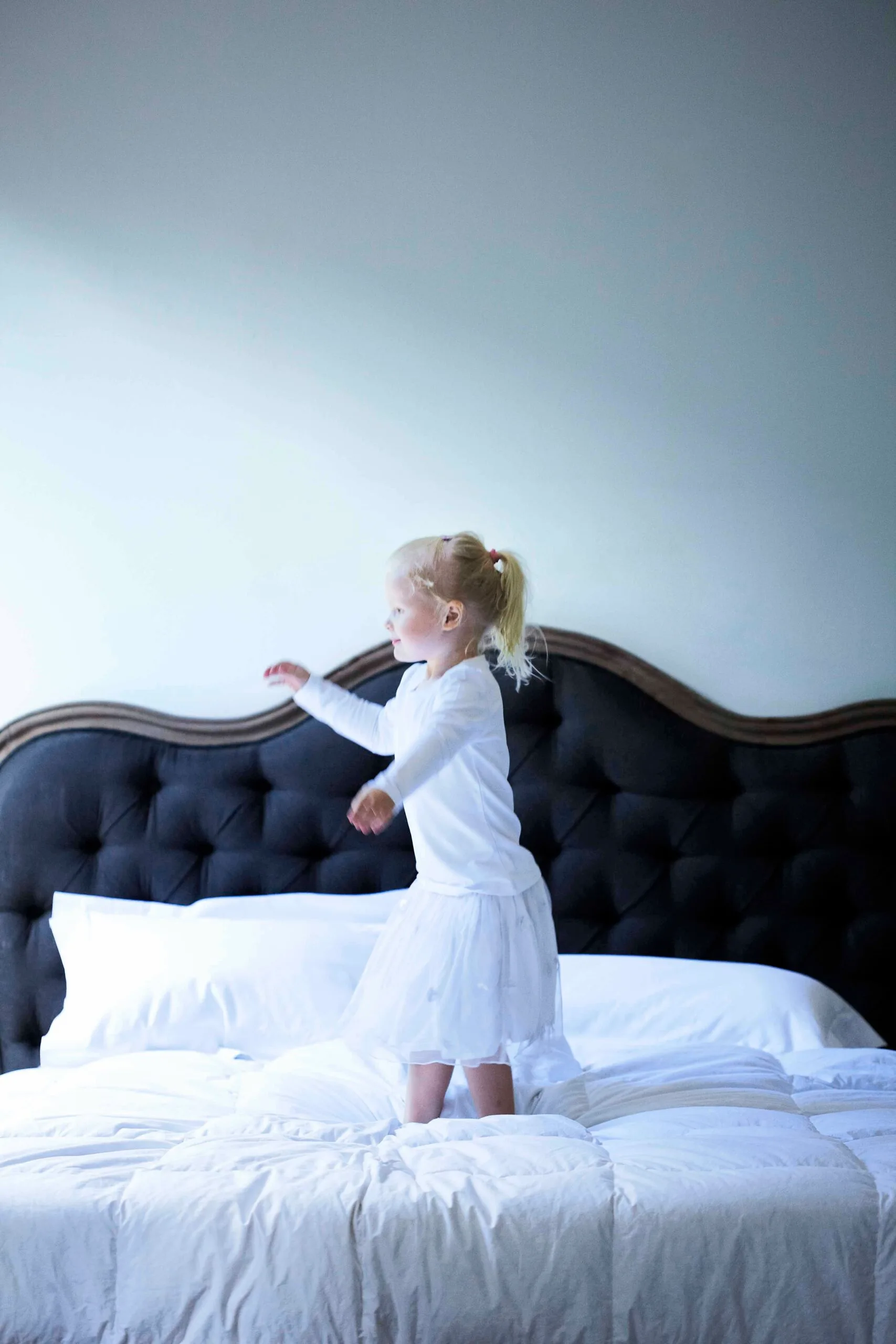
Cath Muscat
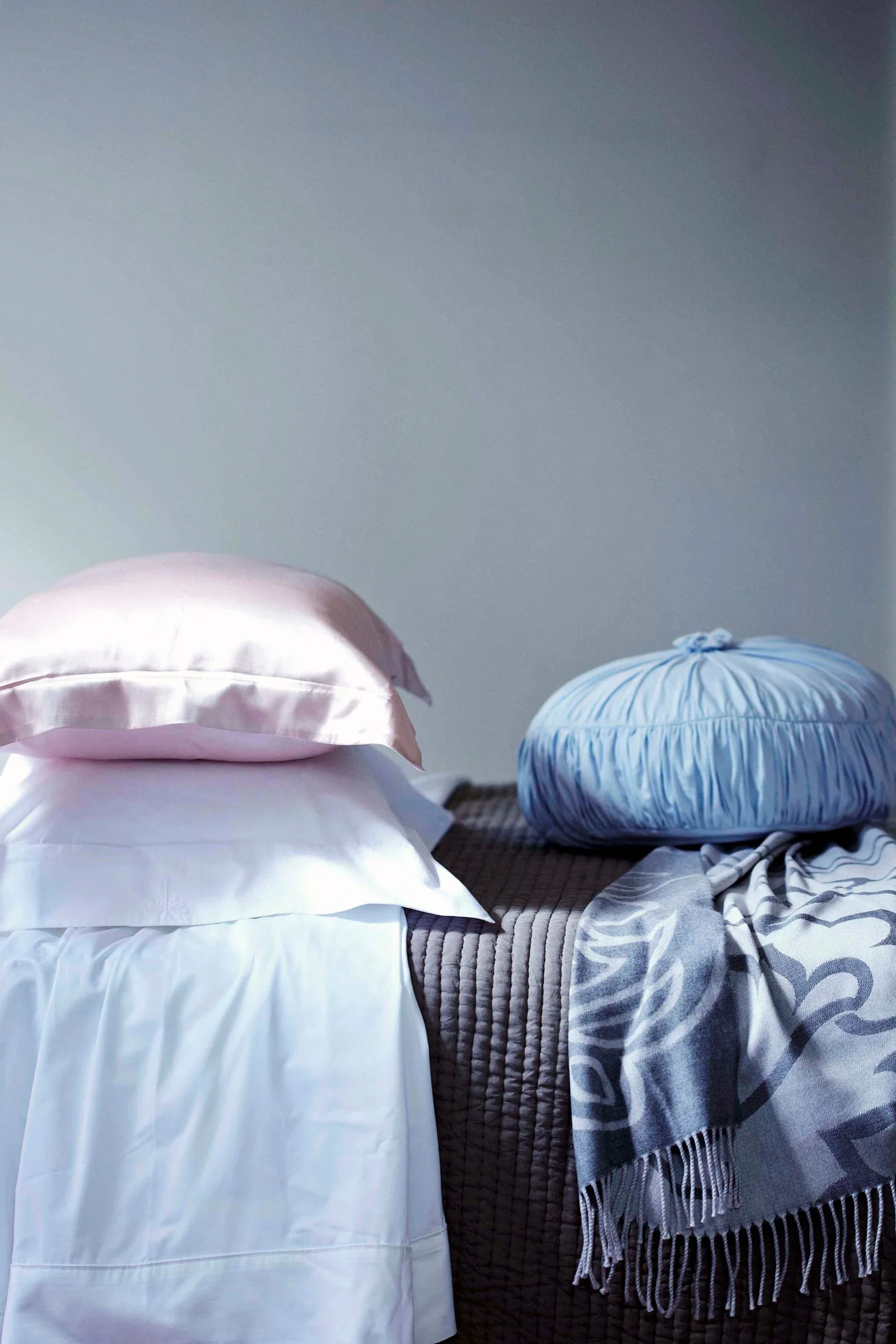
Cath Muscat

Cath Muscat
4. Textural healing
The time we spend in the bedroom is mostly enjoyed with our eyes closed. Soft textures will always create a better environment for sleeping – think pure cotton sheets and layers of lush natural fibres add luxury to the bed. Meanwhile, a tactile rug will entice you into bed and protect toes from rude awakenings on cool mornings.
5. Colour therapy
Soft neutral and earthy colours are easy on the eye and blend harmoniously while deep, rich colours absorb light and put the mind at rest.
6. Find the perfect bed
We spend about 30,000 hours in each bed we buy so its important to choose wisely. An ensemble base can either have springs to allow the mattress to adapt to the body’s contours or a solid top for firmer support. Slatted bedframes tend to offer more style choices and can feature flat slats or bowed slats, which are more springlike, extending the life of a mattress. In that spirit a good mattress support the body at all points, keeping the spine inline with it best standing posture.
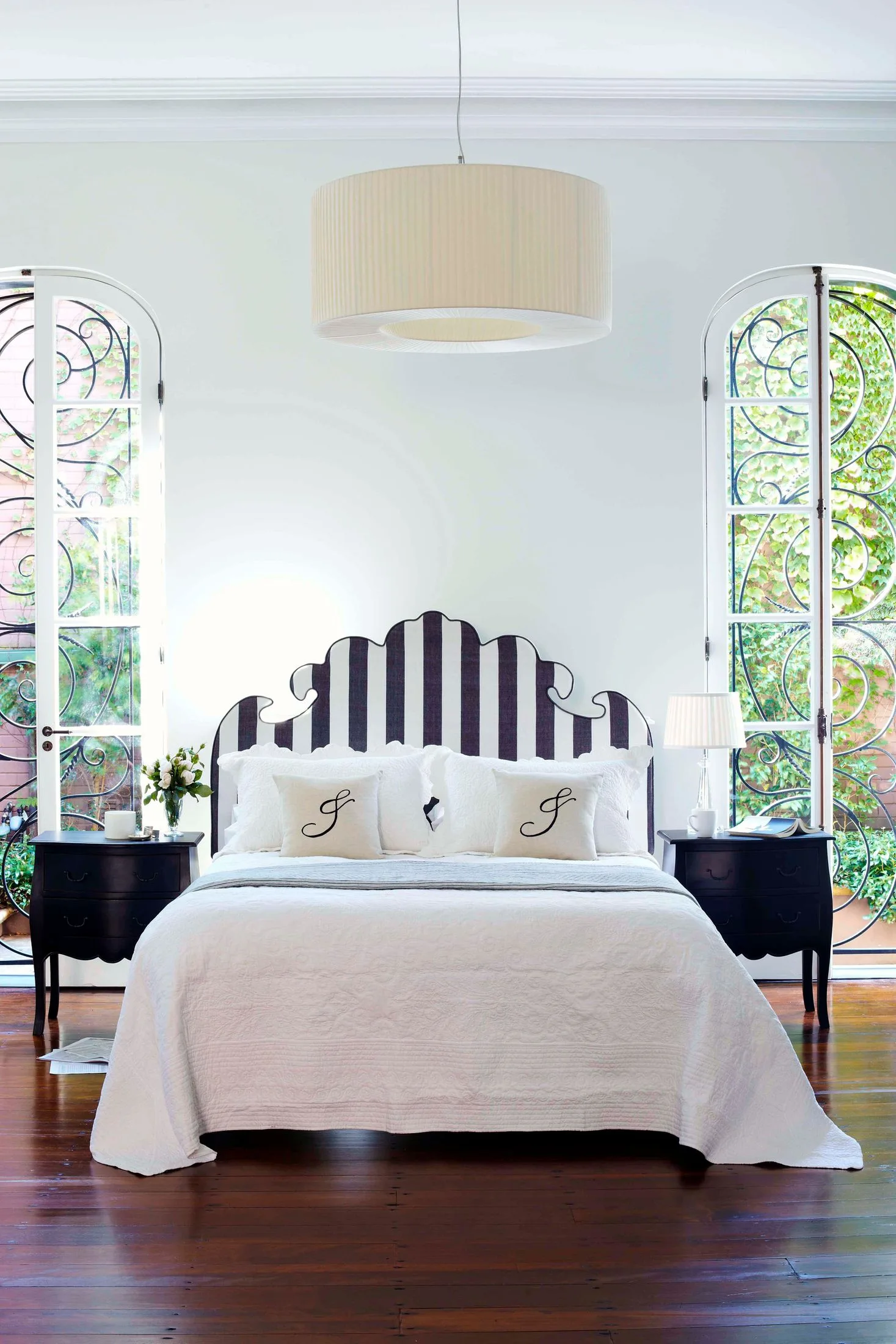
Cath Muscat
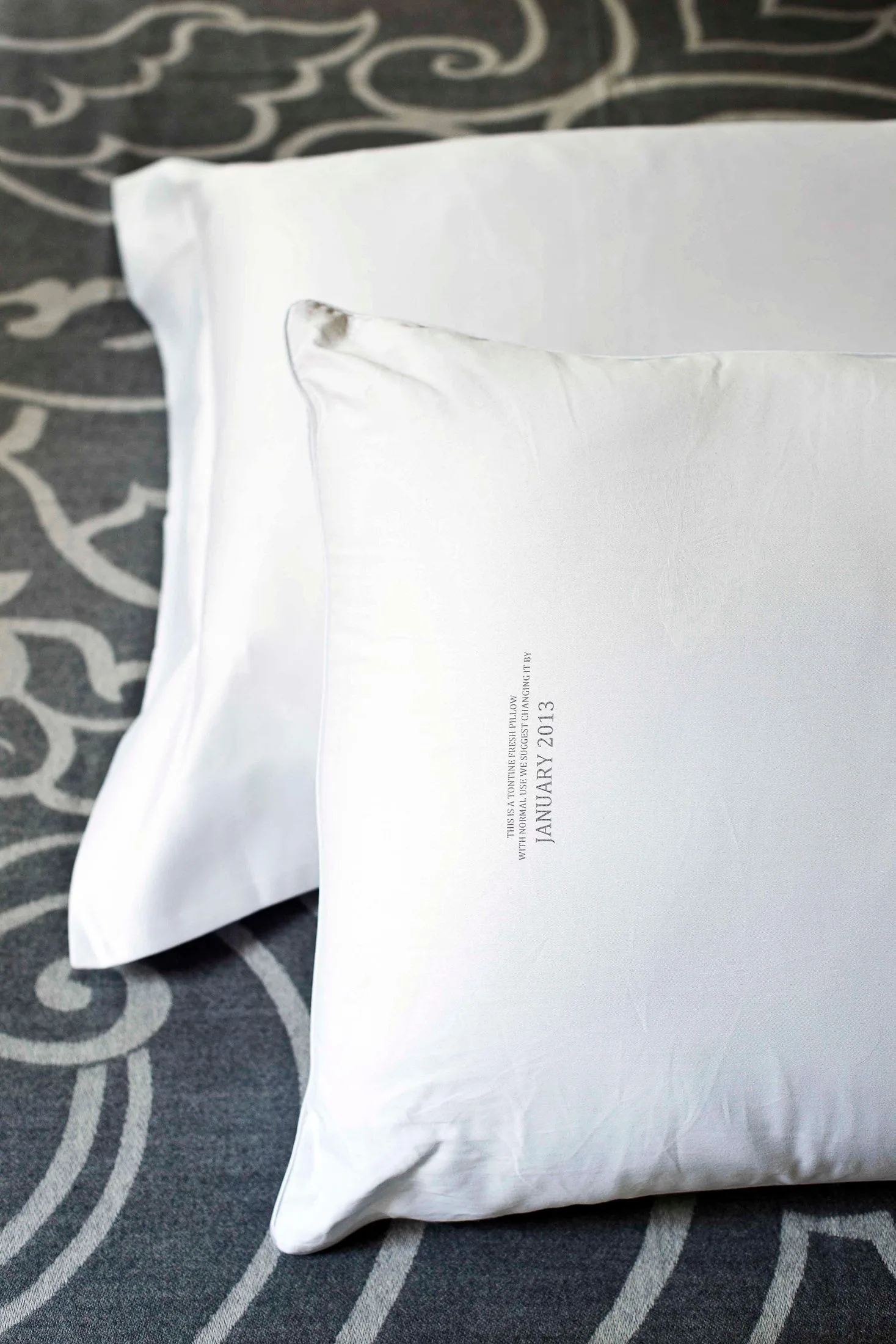
Cath Muscat
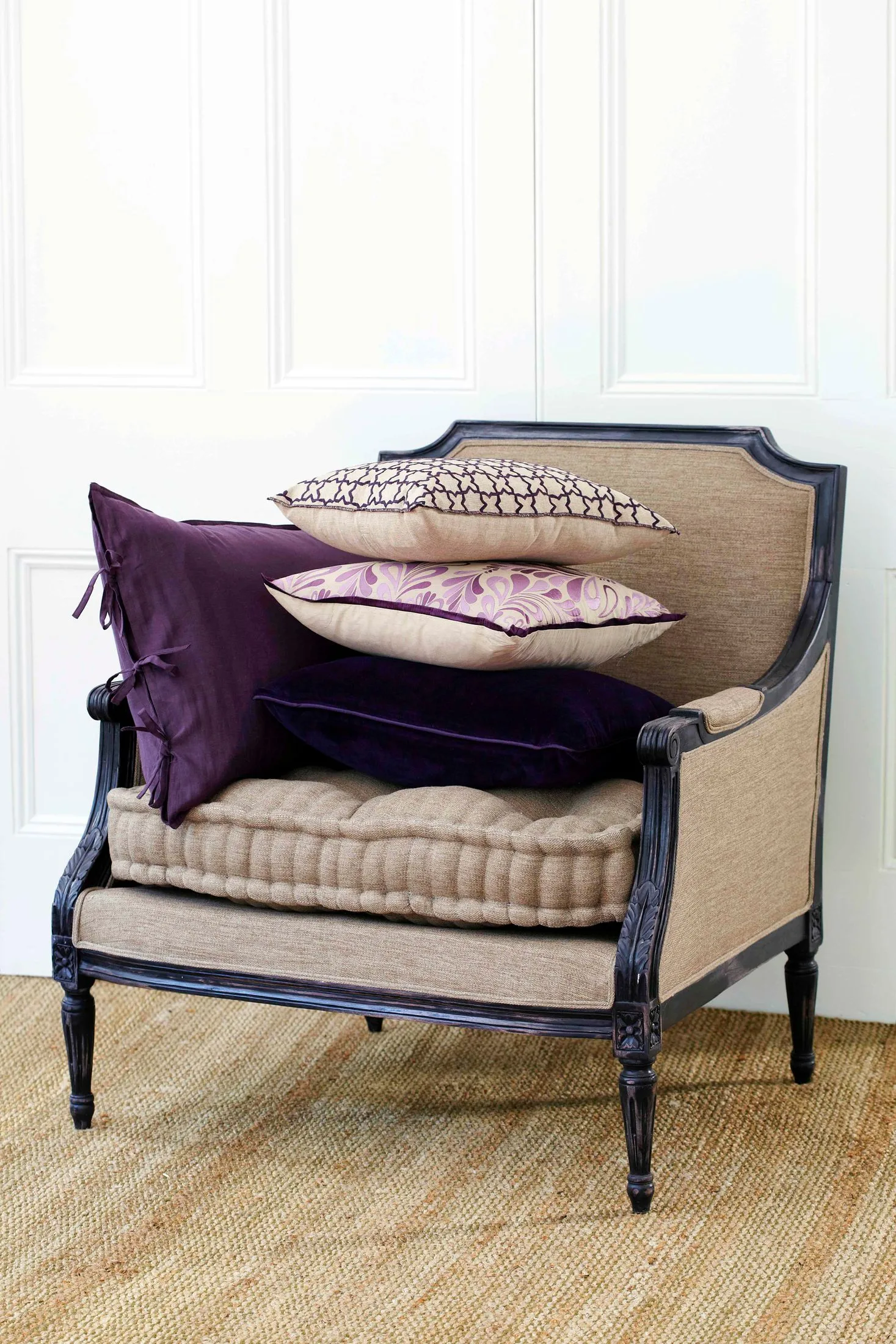
Cath Muscat
7. Keep your cool
Look to coverings that add comfort but not too much heat. Our bodies need to drop in temperature as we sleep to allign with our natural rhythms. Aim for a temperature under the covers of about 28C and a room temperature of about 16C, which will allows the body to loose heat through the top. Open the windows, turn on a fan or, if you have air conditioning, set the temperature in the bedroom a degree or so cooler than in the rest of the home.
8. Find the happy
Surround yourself with the things that make you happy and relaxed. “If you feel comfortable about being in bed and let your body and brain do what it knows how to do, you’ll go to sleep, but if you start to worry and feel anxious then you are likely to toss and turn,” says Dr Delwyn Bartlett of respiratory and sleep research organisation The Woolcock Institute. A pen and notepad by the bed will also let you release thoughts as they arise.
9. Develop a sleep ritual
Our bodies respond to regular and consistent habit. Take time to have a bath or warm shower in dim lighting and do some gentle stretches before bed to release tension from a stressed body.
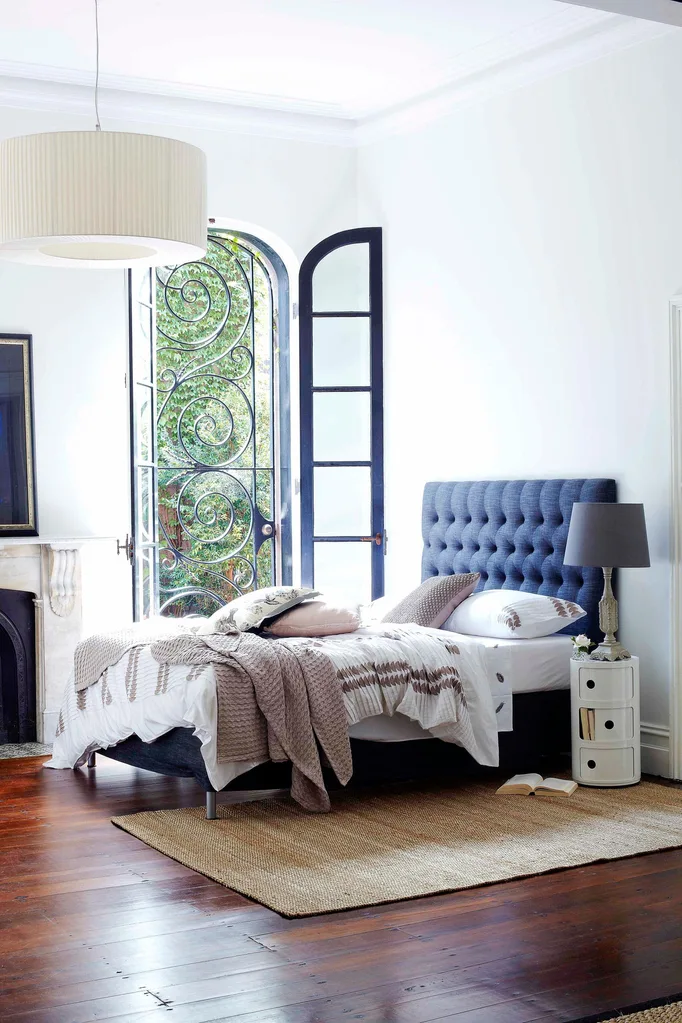
10. Disconnect
We’re all guilty of staying up for ‘just one more episode’ or ‘one more email’, but really it’s best to switch off an hour before bed. According to the Australasian Sleep Association’s National Sleep Research Project, blue light from screens disrupt the sleep hormone melatonin, much like daylight. Even the luminous rays from a digital alarm clock or a charging mobile phone can disrupt the sleep cycle. Keep these items hidden away for a more refreshing sleep.
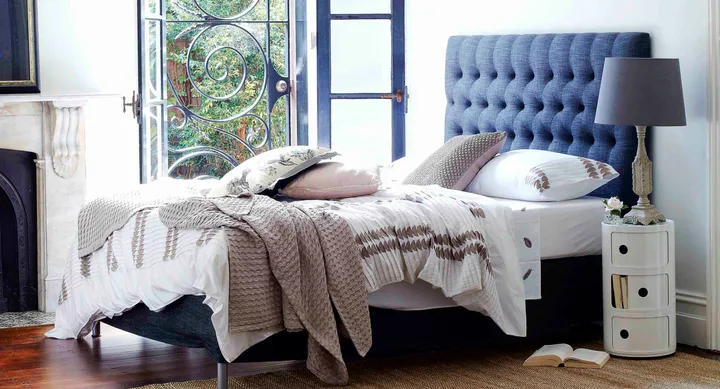 Cath Muscat
Cath Muscat
